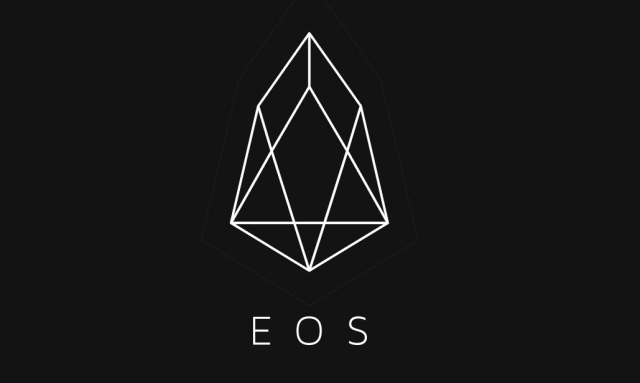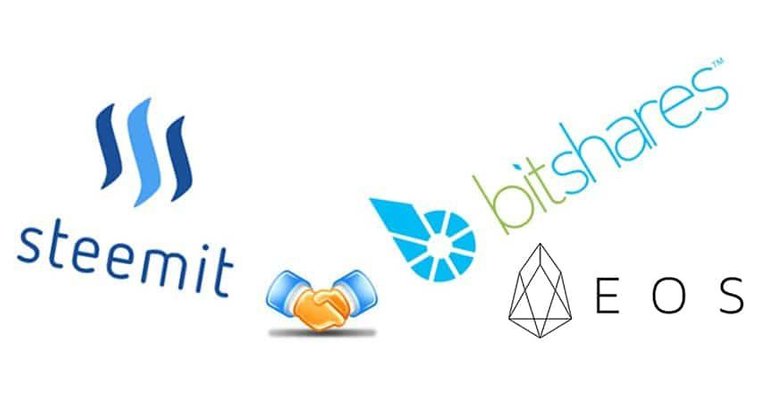.jpg)
Bitcoin's proof of work blockchain has proven to be extremely durable and stable as a result of the security provided by miners via incentivized rewards to verify blocks and come to consensus. As new use cases emerge however, we begin to see requirements and demands on given networks increase, causing stress on protocols and slowing down transaction times. Things such as instant & private transactions are taking large teams and major resources to tackle, while networks hosting DAO's and DAPPS such as Ethereum have proven limitations in the amount of processing they are able to handle at a given time.

One solution is being attempted at EOS, a new protocol with the goal of removing limitations and costs which fall on developers (and eventually end users) of these new decentralized applications. EOS is using a relatively new but somewhat proven model called "Delegated Proof of Stake".
Delegated proof of stake allows users within a given community to elect "delegates" (rather than random individuals verifying the block chain for profit in proof of work, or where few large stake holders control power in POS) which perform the tasks establishing the backbone of the network. These delegates will get elected by the community every so often where if one is behaving poorly a new one will quickly take its place.
First implemented by Dan Larimer, he was able to establish a working model of delegated proof of stake in both Bitshares (a decentralized exchange) & STEEM ( a decentralized social network). It is yet to be seen however, how these companies will fare under mass adoption (with only 20-30 delegates there may be corruption / collusion once stakes are raised)

On the surface I see a bright future for delegated proof of stake, specifically in the area EOS is attempting to attack. Inevitably there will be users with conflicting views of what constitutes a delegate "behaving badly", however there will be many different ecosystems with unique and distinct cultures to choose from. A user not happy building in EOS will be able to leave and join a competitor that better aligns with their needs, just as if one community falls to corruption there will be others to choose from as well.
It will be interesting to see how this area develops as there will most likely not be one winner but many different players involved moving forward. With the potential to disrupt cloud computing I look forward to seeing not only EOS & Ethereum but new companies with new models which either enhance or even replace the current DPOS / POS architecture.
I think it would be a good idea for the number of delegates to grow with the use of the network.
FOLLOW ME BACK PLEASE
Good idea yes... still do believe proof of stake as a whole is relatively untested (especially from a decentralization aspect).